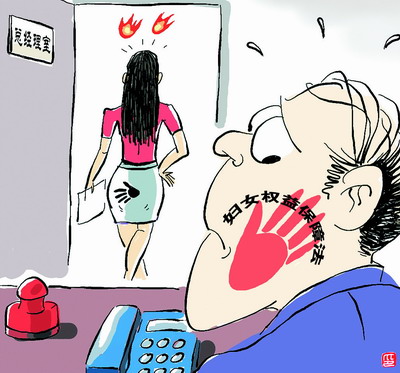Other schools followed and the results were just as broad, and therefore difficult to reconcile with the spirit of academia. In a survey the University of Texas System conducted among its graduate and undergraduate students, about 20 percent of female science students, more than 25 percent of female engineering students, and more than 40 percent of female medical students experienced ill-defined sexual harassment from faculty or staff. The Pennsylvania State University System conducted a similar survey and found that 33 percent of its female undergraduates and 43 percent of its female graduate students (all disciplines) claimed sexual harassment from faculty or staff, along with 50 percent of female medical students.

The National Academies of Sciences, Engineering, and Medicine have sought to do better but they start with a hypothesis that reads too much like Implicit Bias to be impartial. They state that current policies, procedures, and approaches have not caused a meaningful reduction in sexual harassment among academics - so we are to believe that the 2010s are no better than the 1950s, except now women are the majority but still being exploited. It smacks of populism to state that sexual harassment only occurs against women in academic sciences, engineering, and medicine, and they have no evidence it has caused women to leave academia for the private sector. There are six times as many PhDs produced each year as academia can employ, that and choice will always be the key driver for joining the private sector. They further state that universities should consider sexual harassment equally important as research misconduct in terms of its effect on the integrity of research, though only the latter has a defined set of parameters.
And what is the line between incivility and disrespect, such as if a fellow scientist just thinks you are not good at your job, and sexual harassment? There is no line when sexual harassment is broadly and subjectively defined as "behaviors that communicate that women do not belong or do not merit respect." With gray-area claims about holistic beliefs, diversity, and inclusion, the paper reads more like a work of sociological idealism than an actionable framework for universities to adopt. It is open to rampant abuse by people who are not getting ahead in their career and want to find external blame.
There are some meaningful recommendations, though they might be unworkable. They recommend a ban on confidentiality in settlement agreements, for example, but they should really ban settlement agreements. They want lawsuits to be filed directly against accusers, which would place universities in an arbitrary legal class without any blame.




Comments